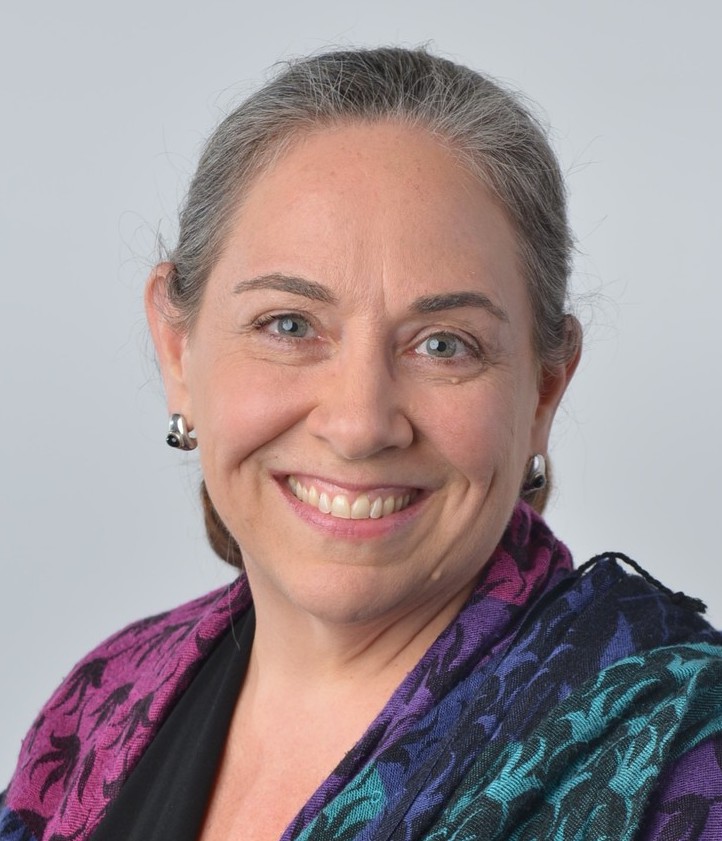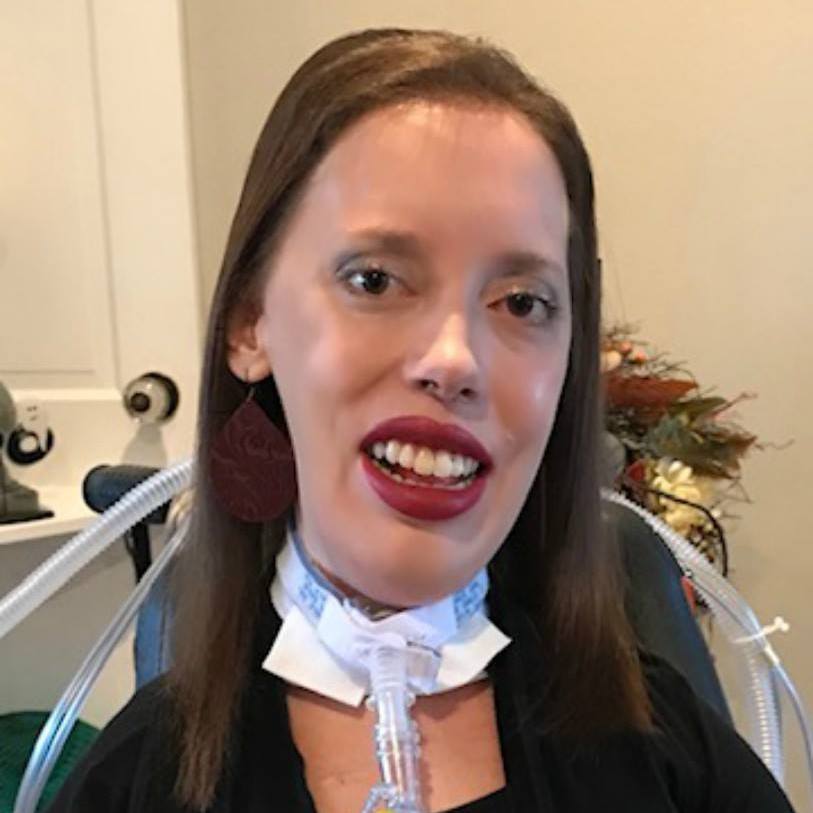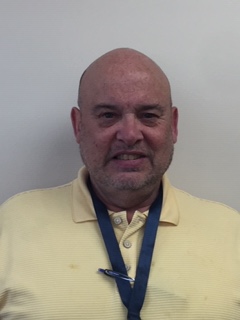Cognitive Behavior Therapy: Refining and Consistently Applying Essential Skills, Part I
Speaker(s):
Presentation: This INTERMEDIATE level workshop is aimed at clinicians familiar with cognitive behavioral therapies and who want to improve their psychotherapy practice. CBTs have been shown in more than 1000 research studies to be effective for many different disorders and problems across the lifespan. National data indicate that CBTs are not consistently implemented in practice settings, greatly reducing treatment effectiveness. This three-hour workshop (Part I & Part II) is aimed at giving providers both a stronger conceptual basis for their use of core CBT components and a greater understanding of the associated microskills that can be directly applied to their practice. It is strongly advised that participants attend both sessions, as Part II builds upon material covered in Part 1.
Objectives:
- Identify the essential defining features of the CBTs and describe the rationale for each
- Identify 1-2 core components of the CBTs to competently apply in next month with current patients/clients
- Create a plan for continued professional development in the CBTs




